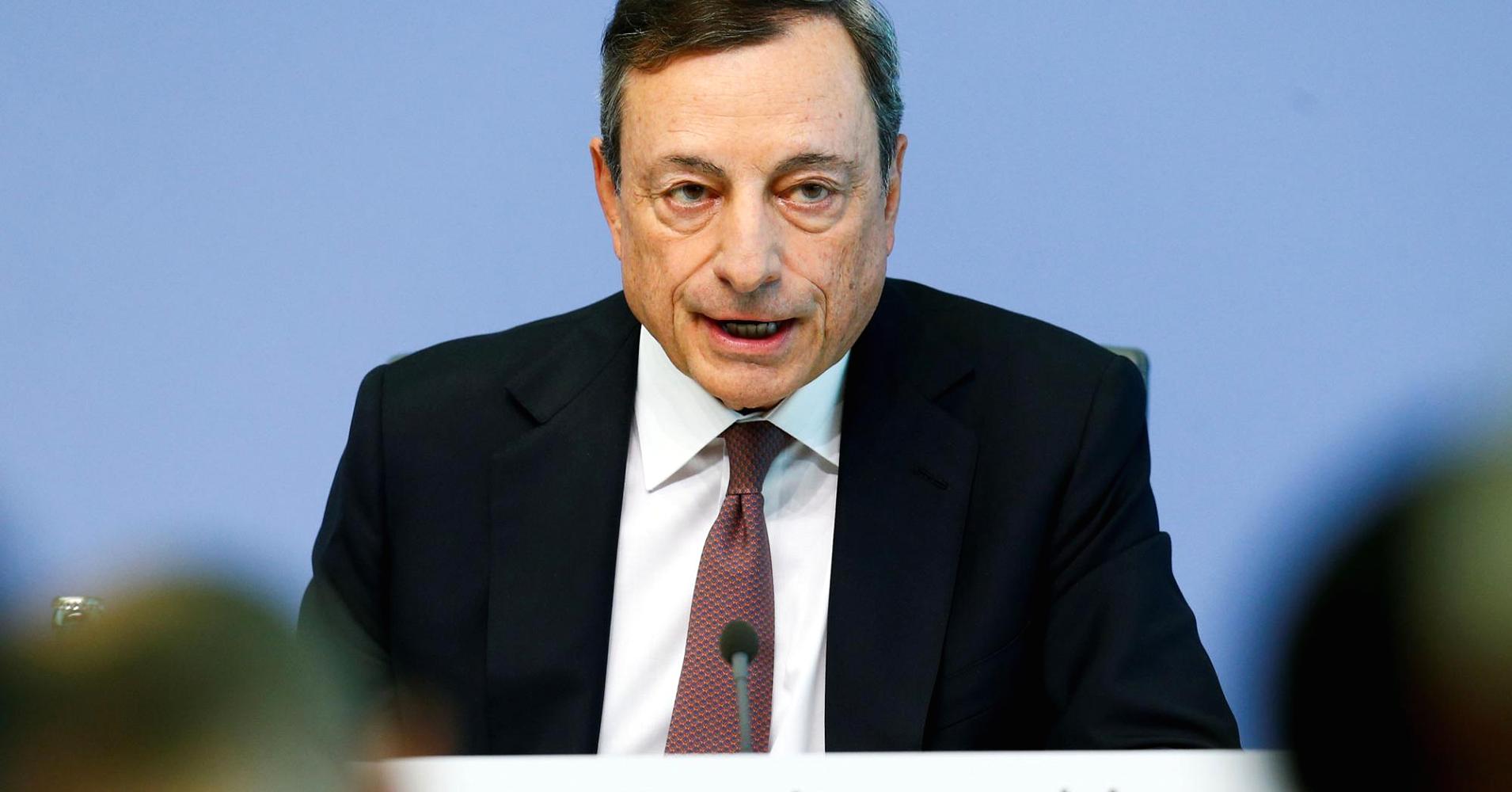Now that the European Central Bank (ECB) has laid out plans to end its huge stimulus program, money managers are assessing how this affects their investments.
Whether in the bond, stock or currency market, there are implications from the latest step by the ECB. The central bank was clear, after a meeting Thursday, that its trillion-euro asset purchase program will end in December if the economy remained resilient and that a rate hike is unlikely to come before the second half of 2019.
“From an investment perspective, I think you have to ask yourself about peripheral valuations and German bund valuations,” Scott Thiel, deputy chief investment officer of global fundamental fixed income at Blackrock, told CNBC’s “Squawk Box Europe” Friday.
The bond market could suffer from the fact that the ECB will be phasing out its market intervention and will effectively stop buying government bonds in January. Since 2015, the ECB has conducted systematic purchases bonds and both governments and market players knew that European debt would be bought no matter what. Now that the ECB will stop being such a predictable buyer, the market could be more volatile.
As a result, Thiel said that the end of this quantitative easing (QE) “clearly makes (German) bunds look a little bit more attractive.” This is because German debt is perceived as less risky than that of peripheral countries (like Greece, Italy and Portugal) and where for instance political turmoil is often a cause of concern.
But Thiel added that despite the end of QE, the debt from these peripheral countries is still attractive. He said: “I don’t want to own bunds at minus 50 basis points, I would rather own Portugal at minus 15.”
The principle seems to be that even though there are higher chances of getting loans to the German government repaid on time, there are higher returns when lending to Portugal.
Of Italian debt alone, the ECB bought 3.6 billion euros ($ 4.17 billion) in the month of May. It is buying total of 30 billion euros every month at the moment.
“The average funding cost on outstanding debt for the periphery is now lower than in 2011 (in the wake of the sovereign debt crisis) while the average maturity is higher,” analysts at Barclays said in a research note Friday.
This means that buying peripheral debt is less expensive now than at the wake of the debt crisis, yet the risk of any default is also lower given that there aren’t outstanding repayments due in the short term.
Also, Goldman Sachs Asset Management is positive that there won’t be massive changes in the bond market in the coming years. The ECB is ending QE in December but it’s not raising rates until, at least, September of next year. And even if it increases rates then, it is likely to be a gradual approach.
“Gradually moving policy rates out of negative territory does not equate to monetary tightening,” the bank said in a note. As a result, sudden market changes, such as higher yields, a sell-off in equities and a strengthening of the euro, are unlikely to take place in the near future.
Link to the source of information: www.cnbc.com


 Signal2forex.com - Best Forex robots and signals
Signal2forex.com - Best Forex robots and signals




